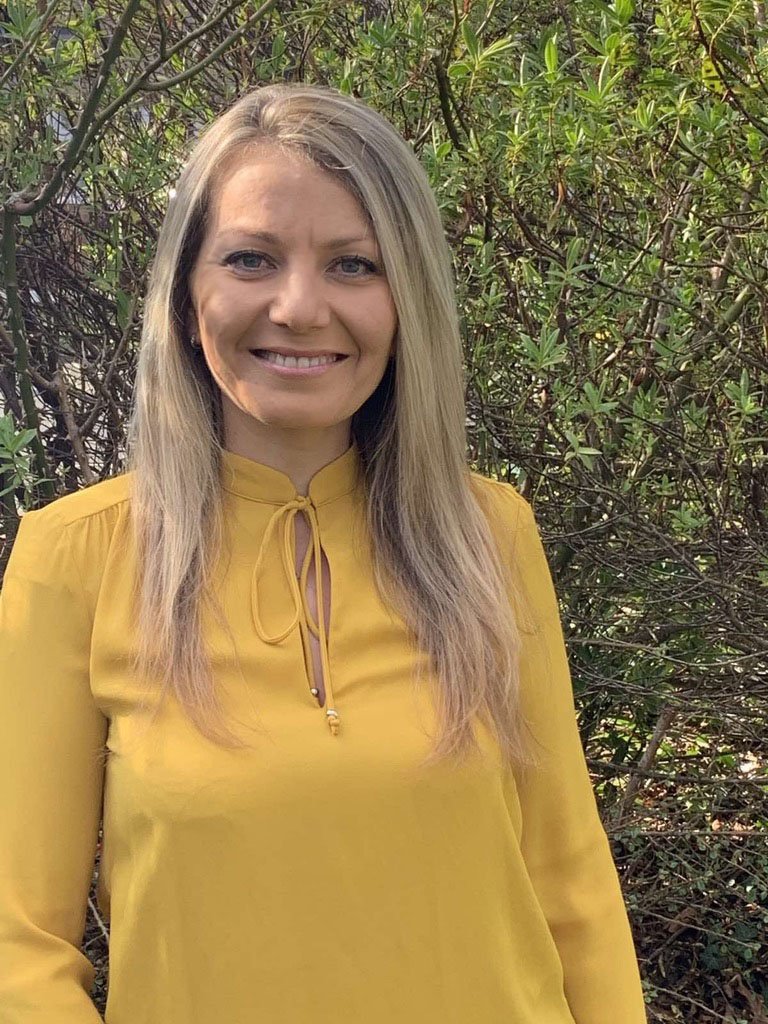



ANI: When did you decide to specialise in autism and what was the reason for you taking this journey?
KATHRYN: My decision to specialise in autism was inspired by my own son’s diagnosis of high-functioning autism. I couldn’t get the help I needed, as experts I saw just didn’t understand the complexities of this condition.
Seeing how much nutrition and the right supplements has positively influenced my son, fuels my passion for my job!
ANI: What is your main aim/purpose in supporting autistic children?
KATHRYN: I mainly support autistic children with supplement plans and diet suggestions to address deficiency or imbalances based on test results.
Given that many of my clients have restrictive eating habits, it’s essential to take a personalised approach that takes their preferences into account while addressing their nutritional needs and deficiencies.
ANI: Although it is very personalised and specific to each individual, once you start working with an autistic child, how long approximately do you see improvement in symptoms?
KATHRYN: The timeline for seeing improvements in symptoms among autistic children can vary widely.
In some cases, improvements may be noticed within a few weeks of starting a nutritional plan, such as improved sleeping or trying a couple of new foods.
However, given the complexity of these clients and the diverse range of symptoms they may experience, it can take time.
My treatment approach is also ‘low and slow’, as many of these children are sensitive.
‘Consistency’ plays a crucial role in the success of interventions for autistic children. (Optional wording: Parents and caregivers who remain dedicated and consistent in implementing nutritional plans tend to see more significant progress over time).
ANI: In your practice, what are the elements from the nutritional therapy that you use? Do you include lifestyle and dietary recommendations, as well as supplement regime?
KATHRYN: My support includes supplement plans and diet suggestions based on test results.
Taking into account any food intolerances or allergies present is also an important aspect of my plans.
ANI: In terms of the supplements, can you please share the key nutrients that play an important role in autistic children journey through your nutritional therapy?
KATHRYN: Many of the minerals are key for my autistic clients such as magnesium and zinc, these can help support functions such as neurological health, immune function and the nervous system.
An essential aspect of my approach is to prioritise the support of optimal digestion and nutrient absorption, I have a range of different supplements I use here, but garlic is one example.

ANI: What is your treatment approach?
KATHRYN: Many of the children I work with are very sensitive, so my approach is often “low and slow” when implementing nutritional plans.
This approach minimises the risk of overwhelming or overstimulating sensitive children, allowing them to gradually acclimate to supplements at their own pace. I also find this can lead to greater acceptance and engagement.
A common question I get asked by parents is what if my child won’t take supplements.
I work with many children that don’t like certain tastes of supplements or find capsules to tricky to swallow. Instead of capsules, I will try to use liquids, tasteless powders, or creams or whatever approach is best for that client.
Sometimes popping powders in smoothies, yoghurts, milk or other foods can help to disguise the taste.
ANI: From your personal experience as a mother and your knowledge as qualified NT, what are the body systems under stress that need the primary focus, in your opinion?
KATHRYN: When supporting individuals with autism, some of the common systems that are under stress include the digestive, immune, neurological, hormonal and detoxification systems.
ANI: As we, Nutritionists, are aware that functional testing is one of the key aspects in our unique patient-centred holistic approach, do you also support your clients with offering them testing? And which one do you think are well worth in terms of the outcome?
KATHRYN: I use hair mineral tests, OAT (Organic acid tests) and stool tests primarily. The hair mineral tests are one of my specialised areas and can give so much information such as mineral imbalances and heavy metal toxicity. These tests enable me to create a targeted plan for my clients.
ANI: Do you support people/children with any other health conditions?
KATHRYN: Yes, I offer support to individuals with ADHD, PANS and PANDAS, OCD and other neurodiverse conditions.
I also support adults, particularly parents, as they navigate the challenges and responsibilities of caregiving, while also managing their own well-being.
ANI: Lastly, what would your message be as a mother, who went through this journey, and who decided to support children and families through nutritional therapy?
KATHRYN: Supplementation can be amazing for the children I work with. I see huge gains.
While supplements may not address every symptom, they can help alleviate some of the associated challenges that children with neurodiverse conditions may face. Whether it’s supporting attention and focus, managing anxiety or sensory sensitivities, or promoting better sleep and digestion, supplements can play a valuable role.
I know what it’s like to navigate the maze of treatment options and information on google and social media!
That’s why I’ve dedicated my work to supporting other families on this journey, helping them navigate the complexities of nutritional therapy with compassion, understanding, and expertise.
Vitamin D has been a part of many studies proven to show a calming influence of those with ASD. Check-out our Vitamin D range here.

You can contact Kathryn through her website.






Accepting payments via


YourHealthBasket © 2025
detoxpeople Ltd
Registered in England & Wales 07156741
VAT reg GB 103 3641 60
Our new practitioner portal has been released and it’s now easier than ever to link a client’s account and provide them with suggestions using our new protocol system.
Convert your current cart into a protocol which can then be assigned to a linked client.